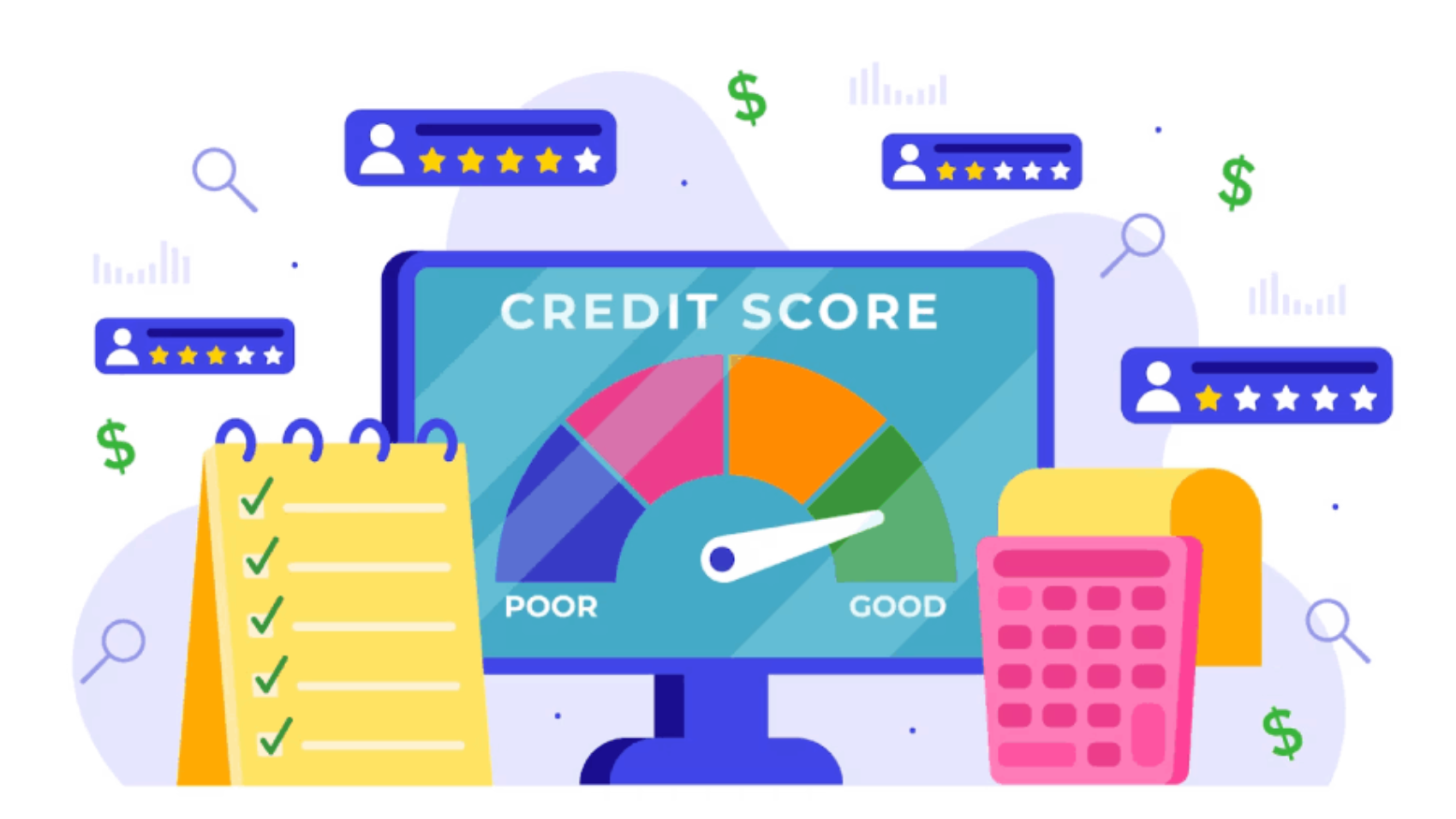If you’ve tried applying for a loan, credit card, or even an apartment, chances are you’ve heard this phrase before: “What’s your credit score?” And if you’re like most people, you might have nervously mumbled, “Um, good, I think?” without being entirely sure what that even means.
Don’t worry—you’re not alone. Credit scores can feel like this big, scary number looming over your financial future. But the truth? They’re not as complicated as they seem.
This guide will break down what credit score ranges actually mean, why they matter, and how you can level up your credit game.
What is a Credit Score, and Why Should You Care?
Before we jump into the score ranges, here’s the deal with credit scores. At the heart of it, your credit score tells lenders how financially responsible you are.
The number itself is based on things like your payment history, credit utilization (how much of your available credit you’re actually using), credit history length, types of credit accounts, and any new inquiries into your credit.
But why does this matter?
Two words, my friends: financial opportunities. Credit scores can impact everything from getting approved for a mortgage to qualifying for that shiny new rewards card. Not to mention, good scores usually mean better rates, which keeps more money in your pocket.
Credit Score Ranges Explained
Here’s where we break it all down. Credit scores typically fall somewhere between 300 and 850. These can vary depending on the scoring model, but here are the general credit score ranges, along with what each means for your future.
1. 300-499 – The Danger Zone
Alright, let’s be real—this is not where you want to be. If your score is in this range, lenders see you as “high risk,” which is just a polite way of saying they don’t trust you to pay them back.
What it means:
- You’re probably getting denied loans and credit cards.
- If you’re approved, expect sky-high rates and terms that might feel more like a trap than a deal.
How to improve:
- Start paying bills on time.
- Reduce outstanding debts wherever possible.
- Check for any errors on your credit report—they’re more common than you’d think!
2. 500-699 – Needs Improvement
“Fair” sounds…fair enough, right? But in credit terms, it’s still not great. This range signals that while you can potentially get approved for credit products, you’re far from scoring the best deals.
What it means:
- Loans or credit cards may still come with higher rates.
- You might need to pay security deposits for certain things, like renting an apartment.
How to improve:
- Aim to pay off more than the minimum on your credit cards.
- Avoid opening too many new credit accounts at once—it can look sketchy!
3. 700-749 – You’re in the Green Zone
Congratulations! You’ve entered the “Good” category. Think of this as the credit equivalent of getting a gold star in elementary school. You’re not quite valedictorian material yet, but lenders are starting to respect your game.
What it means:
- You qualify for a wider variety of loans and cards.
- Rates here are often more reasonable.
How to level up:
- Keep doing what you’re doing! Stay consistent with payments and keep your credit utilization under 30%.
- Set your sights on that next level—you’re not far from “Excellent”!
4. 750-799 – Hello, VIP Status
This is the sweet spot. If you’re in this range, lenders pretty much see you as the dream customer. You’ve proven yourself, and as a result, they roll out the red carpet with attractive offers.
What it means:
- You’ll gain access to premium credit cards and better loan terms.
- Lower rates could save you thousands in the long run.
How to maintain it:
- Never miss a payment—consistent positive activity keeps your score solid.
- Don’t close old accounts unless necessary (that long credit history does wonders).
5. 800-850 – The Elite Club
Welcome to the land of credit gods. Less than 22% of Americans have a score in this range, so if you’re sitting here, go ahead and take a bow.
What it means:
- You’re the lender’s dream. Expect the absolute best rates and terms on anything.
- Creditors will likely compete for your business.
How to stay there:
- Keep an eye on your credit report for errors.
- Continue managing credit responsibly—at this level, any small slip could ding you.
Why a Good Credit Score is a Game-Changer
A strong credit score isn’t about showing off (okay, maybe a little). It’s about giving yourself options and peace of mind in life’s big moments. From owning your dream home to getting approved for that last-minute flight deal, a good credit score opens doors.
And here’s a little financial humor for you—because who doesn’t love feeling seen?
How to Check Your Credit Score
Not sure where you stand? Get started with these tools:
- AnnualCreditReport.com – Get a free credit report from each of the three major bureaus annually.
- Credit Karma or Credit Sesame – Handy apps to keep tabs on your score for free.
- Your Bank or Credit Card Issuer – Many providers now offer free score tracking.
Knowledge is power, and the more you check-in, the easier it becomes to reach that “Excellent” range.
Mapping Out Your Credit Future
Your credit score isn’t just a number—it’s a tool you can use to shape your financial story. Whether you’re starting from scratch or fixing past mistakes, small, consistent steps can make a big difference.
So… what will your next move be? Start paying down debt? Set up automatic bill payments? Keep that old account open?
Whatever it is, remember that improving your credit is a marathon, not a sprint. And every step gets you closer to the future you deserve.

